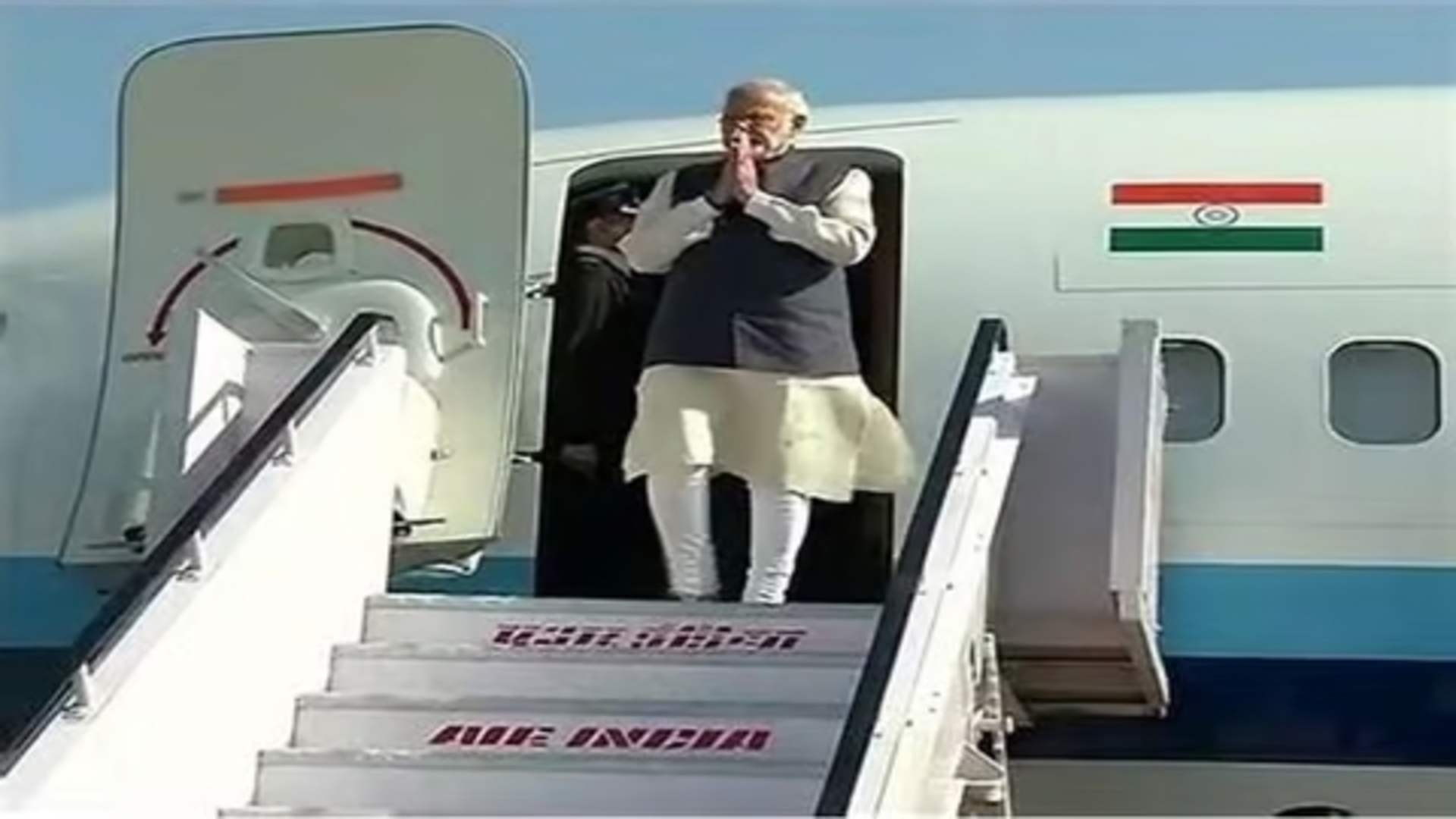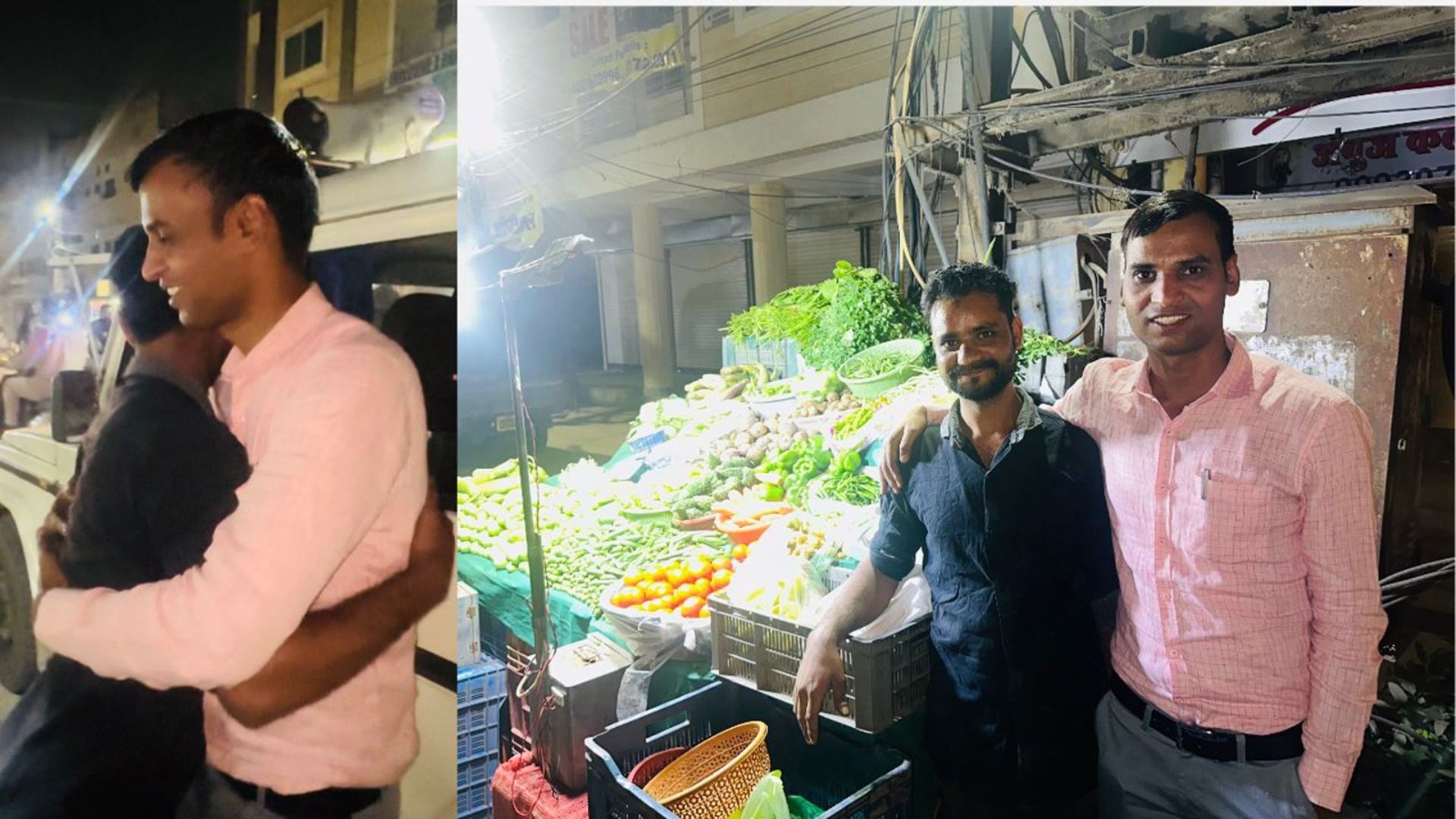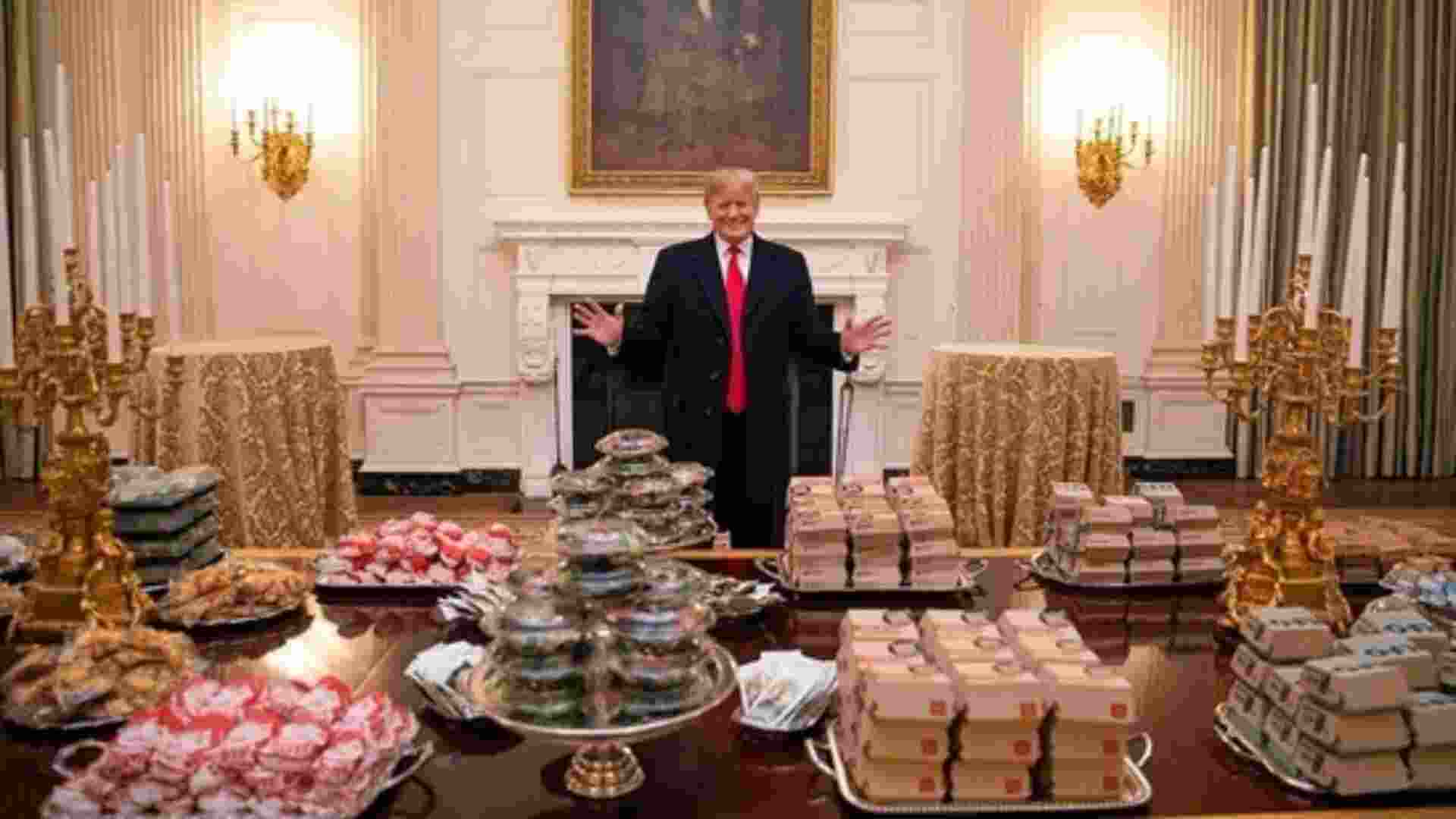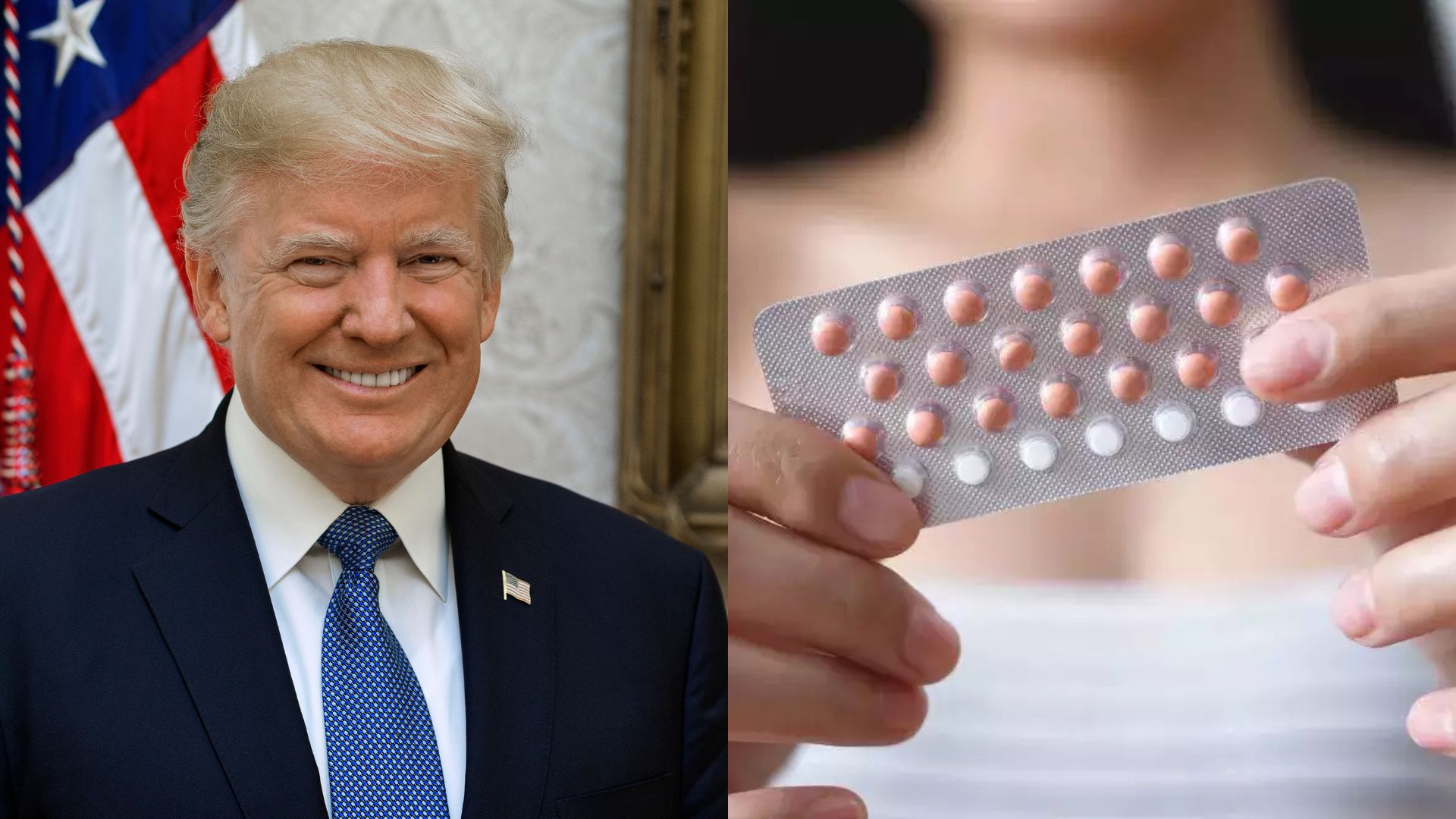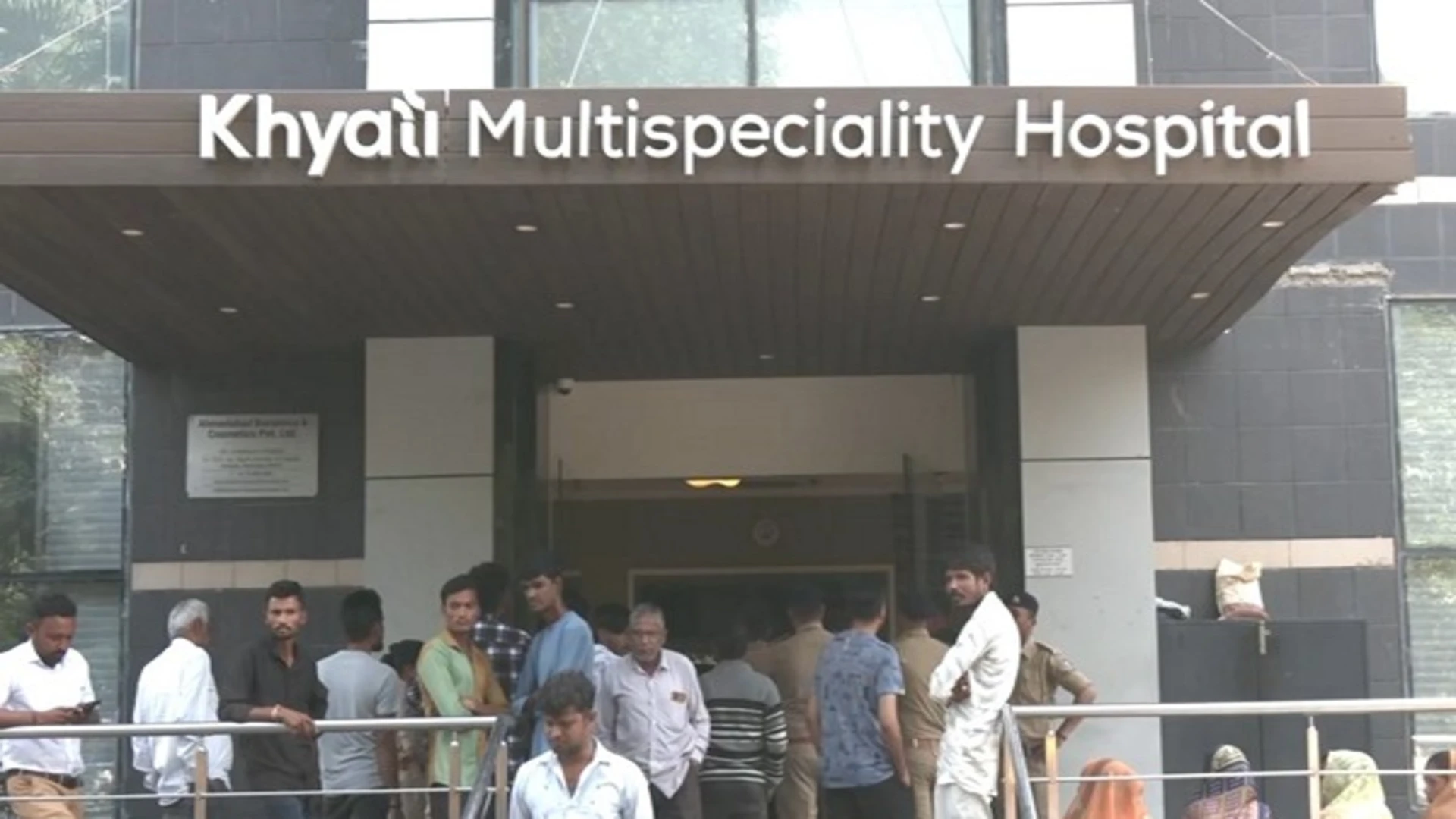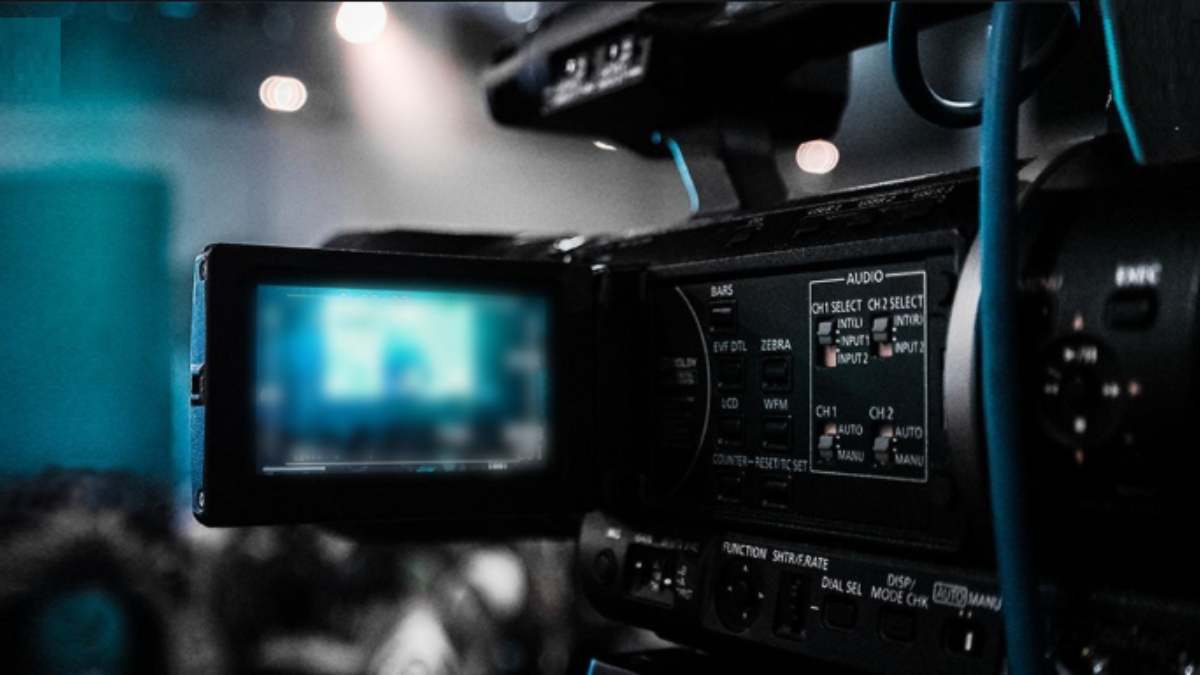
“It was the best of times, it was the worst of times, it was the age of wisdom, it was the age of foolishness, it was the epoch of belief, it was the epoch of incredulity, it was the season of Light, it was the season of Darkness, it was the spring of hope, it was the winter of despair, we had everything before us, we had nothing before us, we were all going direct to Heaven, we were all going direct the other way — in short, the period was so far like the present period, that some of its noisiest authorities insisted on its being received, for good or for evil, in the superlative degree of comparison only.” — Charles Dickens in ‘A Tale of Two Cities’
The last few months have seen both the best and the worst of television news. As the country went into lockdown and the entire world grappled with the unknown, the media stepped in, and stepped up. When life as we knew it shut down, the media became the only bridge between the outside world with all its dangers and our homes. It was the media that helped understand what we were up against in terms of the pandemic, but also its implications on the economy, jobs, lifestyles, and of course its social and cultural consequences. And it’s not so hard to pinpoint the reason why. The “Know it All” TV anchors reached out to domain experts and zoomed in on doctors, health workers, epidemiologists, economists, professionals, business owners, teachers… all the stakeholders to help us decode the crisis, and explore solutions. One can argue whether India’s extended lockdown was needed or not but the one reason why it succeeded was because the media helped get the message across. This was also acknowledged by the Prime Minister when he included the media as one of the essential services that were not to be locked down. In fact if you recall during the early days before the gravity of the situation hit us and people rushed to the streets dancing and beating bartans, without a mask on, it was the media that turned up the notch and came down heavily on the messaging, underlining the gravity of the situation that we are facing.
What worked then was simply the fact that the anchors actually did their jobs and asked questions instead of simply forcing their viewpoints on the viewers. There was a marked difference (and upgrade) in studio guests as the domain experts were called in, instead of the same five or six faces that we see on our channels night after night, masquerading as experts on everything from Covid to China, Economy to Politics, the Hathras rape horror to Bollywood scandals. No matter what the topic it’s the same assortment of retired Army generals, lawyers with undeclared party affiliations or a random lot of people auditioning to be party spokesmen by pretending to be “objective political analysts”. I call this brigade Window Dressings, because in the end that’s what they end up as — faces in a window providing the necessary padding for a self-obsessed anchor to hold forth his or her views. The only way the panelists get their mikes turned on is if they raise their voice, wag their finger and accuse someone of being antinational. Sadly, this is what passes off as television studio debates in most channels. Equally, and thankfully, this is not the case for all channels. But it was a refreshing change to see how mainstream television got its sense of purpose back, working almost in unison as it covered the lockdown.
And ironically when the lockdown lifted, the meltdown followed. Most TV channels jumped straight into the Sushant Singh Rajput story turning it into the freak show it has now been reduced to. What is sad is that this macabre reality show was prompted by one dominant agenda: To boost our TRPs. And in this race for the viewer’s eyeballs it is the tamasha TV that seems to score. Perhaps it’s because this appeals to the same instinct that makes us stop at a roadside accident or eavesdrop on a neighbour’s brawl, that makes us look at all the WhatsApp revelations, gossip, slander and whataboutery that is being passed off as Prime Time Television these days; as news slips away into the background and noise takes centre-stage. Yes, bloodlust TV gets eyeballs and eyeballs means TRPs which in turn brings in the advertising revenues. But does this also mean that the viewers endorse this kind of tamasha TV, just because they are watching it? This reminds me of a popular Twitter disclaimer, “Retweets are not endorsements”. But they are viewership. And in the world of TRPs, this is what counts. It’s an extension of the old adage: The crying baby gets more milk.
But is this what the viewer really wants? Noise, not news. Whoever I meet insists they are fed up with the Sushant Singh Rajput coverage with all its spin offs. Yet, at the same time most are well informed about all the theories that are doing the rounds regarding this case, including the WhatsApp messages being read on prime time TV. Would they follow this story if they are not interested? Or, are they following it as they do a sitcom or a TV serial, but it’s not something they would base life’s decisions on. For the latter they would still need real news, right? They would need experts to tell us where to invest, genuine political analysts (not agenda-driven pundits) to help us decode policies and politicians, farmers to tell us why the farmers bill is bad or good, police officials, panchayat leaders and security experts to talk about Hathras and China, doctors on pandemics and so on.
I guess what I am asking is that does this mean some of us can focus on some of these issues instead of chasing Kangana Ranaut’s latest tweet and Rhea Chakaraborty’s neighbour’s view on her. In an ideal world I would say that there should only be space for the former; in a realistic world I am hoping there is some room for both meaningful TV and trivia on Prime Time. The answer to this lies outside the studio. In the end, it’s not the TV anchors but You-The-ViewerWith-The-Remote who decides. Never forget that.
